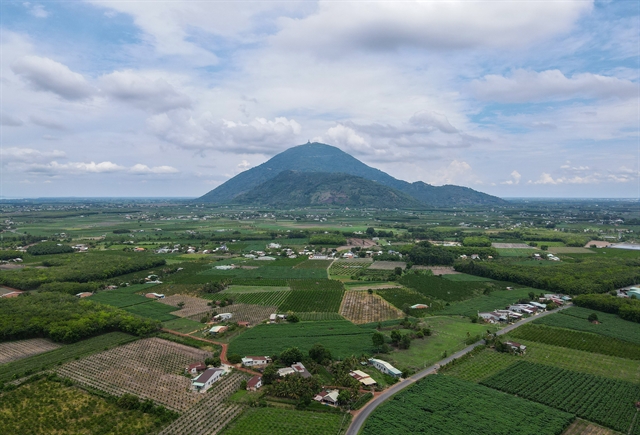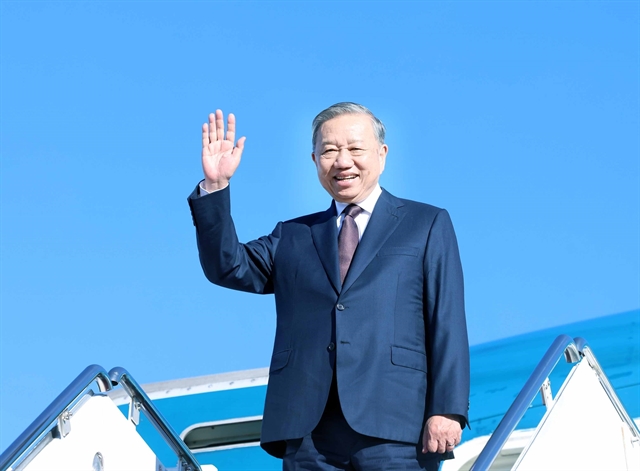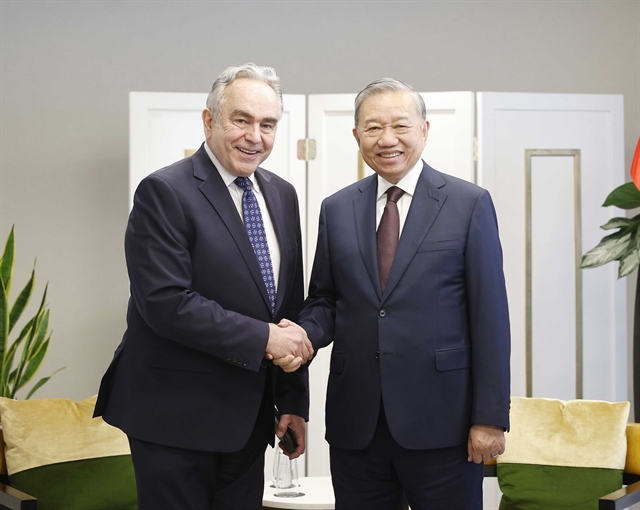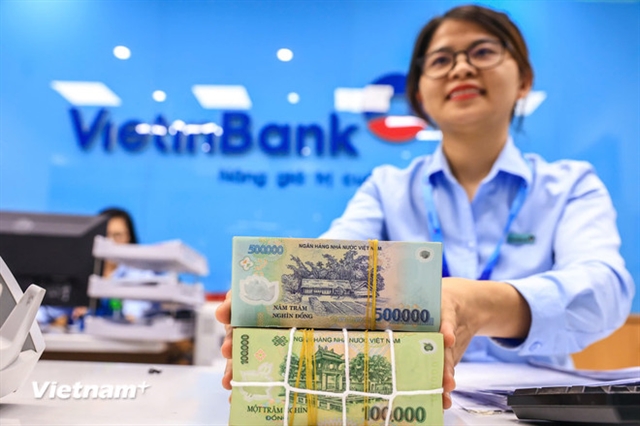 Economy
Economy

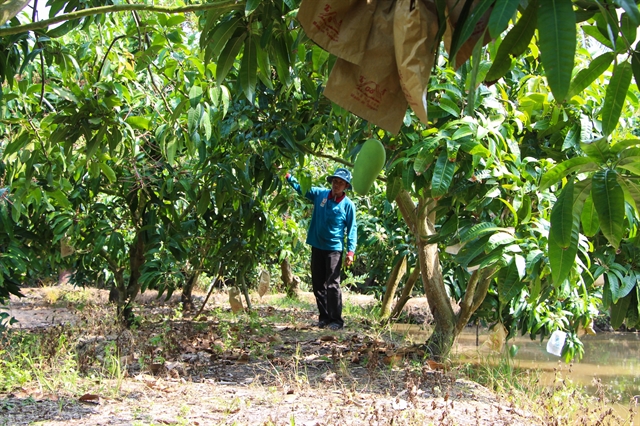
|
| A mango farm in Hậu Giang Province. — VNA/VNS Photo Hồng Thái |
HÀ NỘI — Việt Nam exported 1,700 tonnes of mango to South Korea for US$7.4 million over the past 11 months of 2022, up 19 per cent in volume and 25 per cent in value year-on-year, according to the Import-Export Department under the Ministry of Industry and Trade.
These figures helped Việt Nam become the third largest mango supplier for South Korea in the period, the department said, adding that the average export price of Vietnamese mangoes hit over $4,230 per tonne, 5 per cent higher than that of the same period in 2021.
The department also cited statistics from the Korea International Trade Association (KITA) as saying that this country's mango import in the 11-month period reached 22,000 tonnes, worth $95.3 million, marking yearly rises of 4 per cent in volume and 8 per cent in value.
Thailand and Peru were the two largest mango suppliers for South Korea in the period, accounting for 81.2 per cent of this country's total mango imports.
According to the department, Korea is a market with a high demand for fresh fruit. Each year, the market imports over $1.6 billion worth of fresh fruit and this number has been growing significantly.
However, Việt Nam's fresh fruit now makes up a very modest market share in South Korea. Therefore, there remains room for Vietnamese firms to foster their exports of fresh fruits, typically mangoes to this market.
In order to promote exports to this market, trade experts recommend that businesses needed to improve their competitiveness and product quality. This was the core element to meet the increasingly strict requirements of the Korean market.
In addition, enterprises were advised to develop appropriate production and business plans, actively operate according to the market mechanism and have solutions to participate in the production chain and distribution network of Korean enterprises. That would help businesses take advantage of their strengths, their brand, as well as their development experience in the market. — VNS


